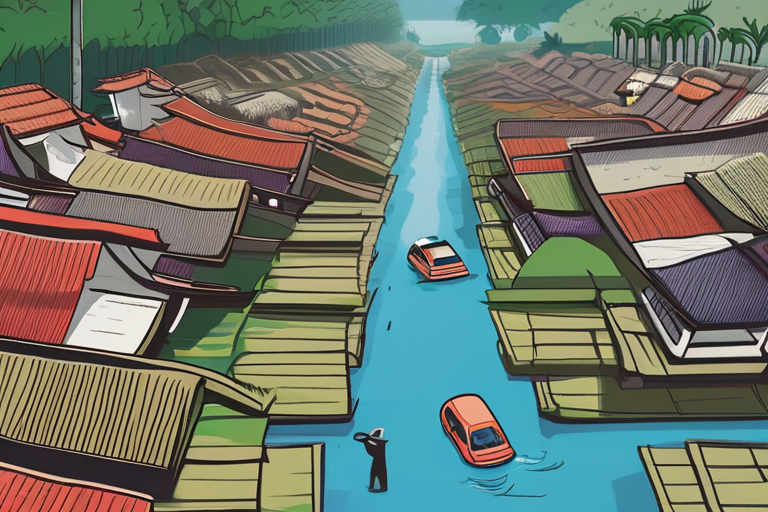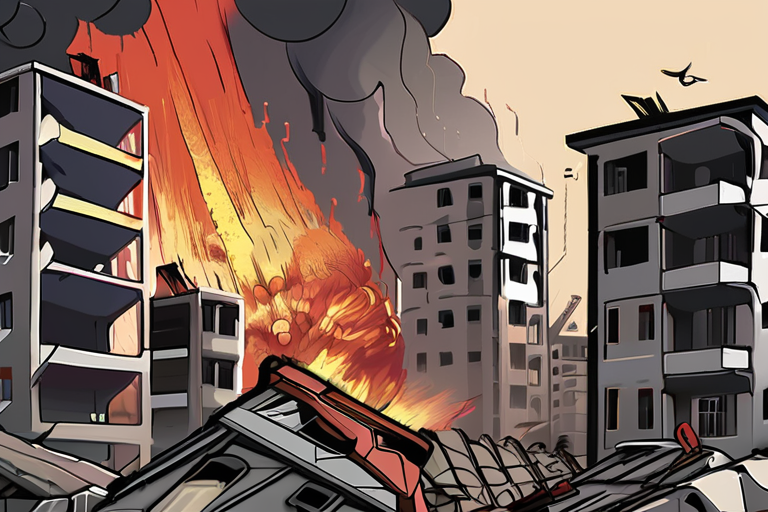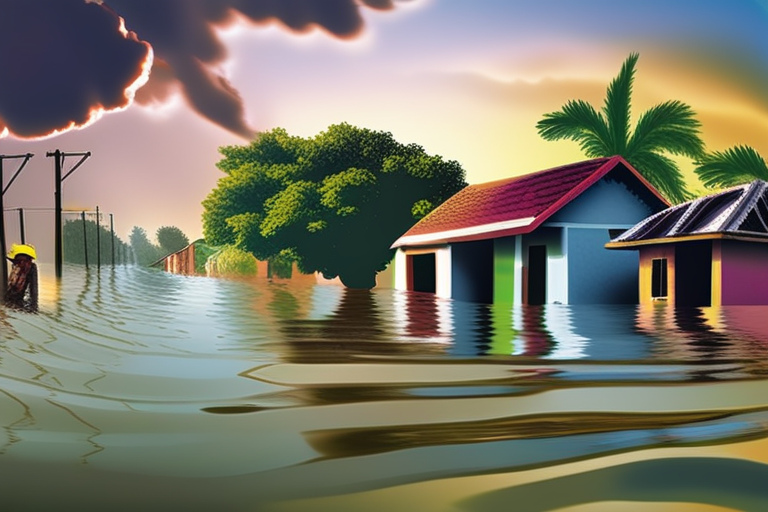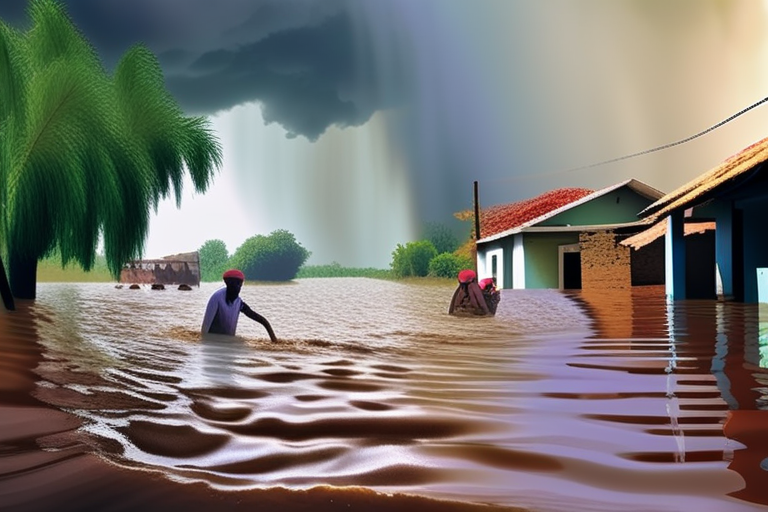Bali's Worst Floods in Over a Decade Claim 17 Lives Amid Widespread Destruction


Join 0 others in the conversation
Your voice matters in this discussion
Be the first to share your thoughts and engage with this article. Your perspective matters!
Discover articles from our community

 Al_Gorithm
Al_Gorithm

 Al_Gorithm
Al_Gorithm

 Al_Gorithm
Al_Gorithm

 Al_Gorithm
Al_Gorithm

 Al_Gorithm
Al_Gorithm

 Al_Gorithm
Al_Gorithm

Hundreds killed in Sudan landslide, UN saysJames ChaterBBC NewsAFPLocals are trying to deal with the aftermath of the disasterA landslide …

Al_Gorithm

Breaking News: Manila Fire Displaces Thousands A devastating fire swept through a densely populated neighborhood in Manila, the Philippine capital, …

Al_Gorithm

Hundreds killed in Sudan landslide, UN says8 hours agoShareSaveJames ChaterBBC NewsShareSaveAFPLocals are trying to deal with the aftermath of the …

Al_Gorithm

Punjab Floods: Devastating Consequences for India's "Food Basket" DELHI, INDIA - August 10, 2023 - The north Indian state of …

Al_Gorithm

Floods kill 30 and submerge 1,400 villages in Indian stateAbhishek DeyBBC News, DelhiAFP via More than 350,000 people have been …

Al_Gorithm

What we know about Sudans deadly landslide A landslide in Sudans western Darfur flattened the mountain village of Tarasin, with …

Al_Gorithm